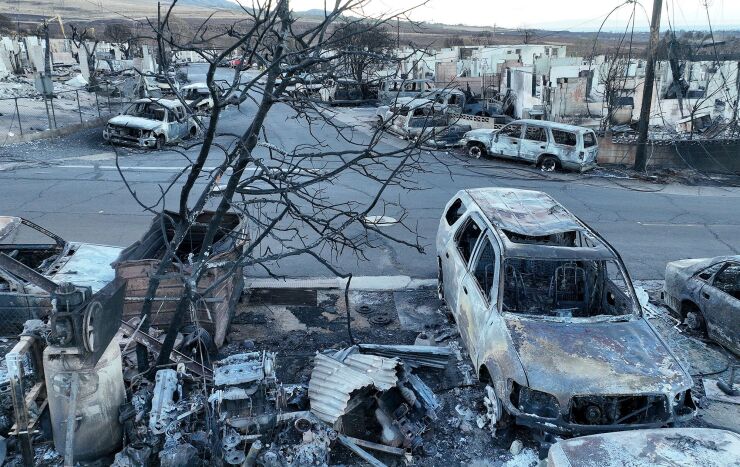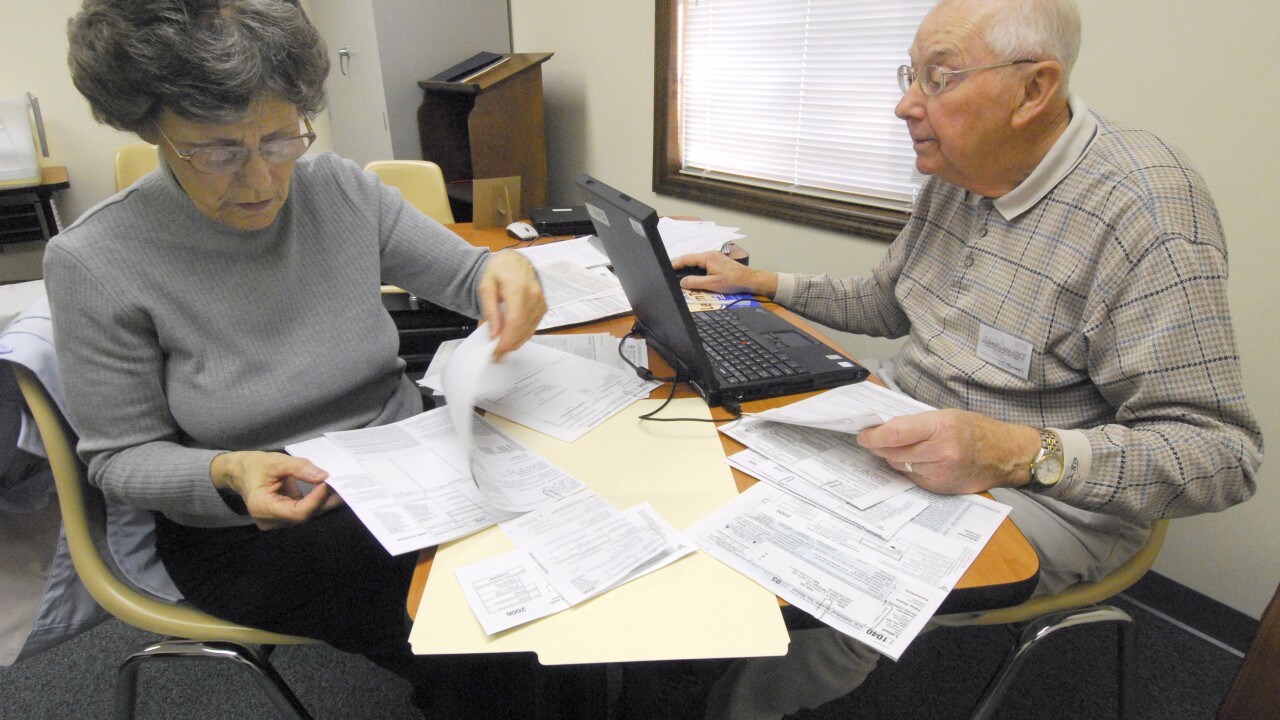Victims of the recent wildfires in Hawaii now have until February to file various federal individual and business tax returns and make tax payments.
The Internal Revenue Service is offering relief to any area designated by the Federal Emergency Management Agency. This means individuals and households that reside or have a business in Maui and Hawaii Counties qualify for filing relief. The current list of eligible localities is on the
The relief postpones various tax filing and payment deadlines that occurred from Aug. 8, 2023, through Feb. 15, 2024. Affected individuals and businesses will have until Feb. 15 to file returns and pay any taxes originally due during this period.
The Feb. 15 deadline will apply to:
- Individuals with a valid extension to file their 2022 return due to run out on Oct. 16, 2023. Because tax payments related to these 2022 returns were due on April 18, 2023, those payments are not eligible for relief.
- Quarterly estimated income tax payments normally due on Sept. 15, 2023, and Jan. 16, 2024.
- Quarterly payroll and excise tax returns normally due on Oct. 31, 2023, and Jan. 31, 2024.
- Calendar-year partnerships and S corporations whose 2022 extensions run out on Sept. 15, 2023.
- Calendar-year corporations whose 2022 extensions run out on Oct. 16, 2023.
- Calendar-year tax-exempt organizations whose extensions run out on Nov. 15, 2023.
In addition, penalties for the failure to make payroll and excise tax deposits due on or after Aug. 8, 2023, and before Sept. 7, 2023, will be abated as long as the deposits are made by Sept. 7, 2023.
The

The IRS automatically provides filing and penalty relief to any taxpayer with an IRS address of record located in the disaster area. These taxpayers do not need to contact the agency to get this relief.
Affected taxpayers who don't have an IRS address of record in the disaster area — because, for example, they moved to the disaster area after filing their return — could receive a late-filing or late-payment penalty notice from the IRS for the postponement period. They should call the number on the notice to have the penalty abated.
The IRS will work with any taxpayer who lives outside the disaster area but whose records necessary to meet a deadline occurring during the postponement period are in the affected area. Taxpayers qualifying for relief who live outside the disaster area need to contact the IRS at (866) 562-5227. This also includes workers assisting the relief activities who are affiliated with a recognized government or philanthropic organization.





